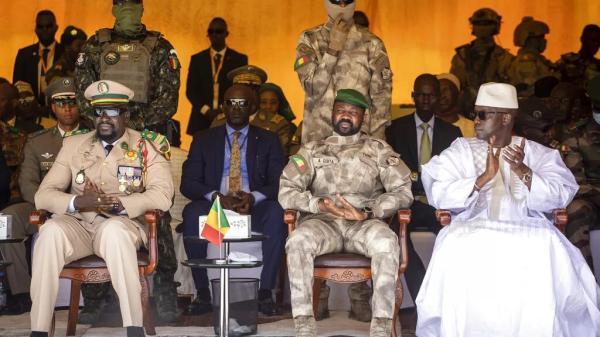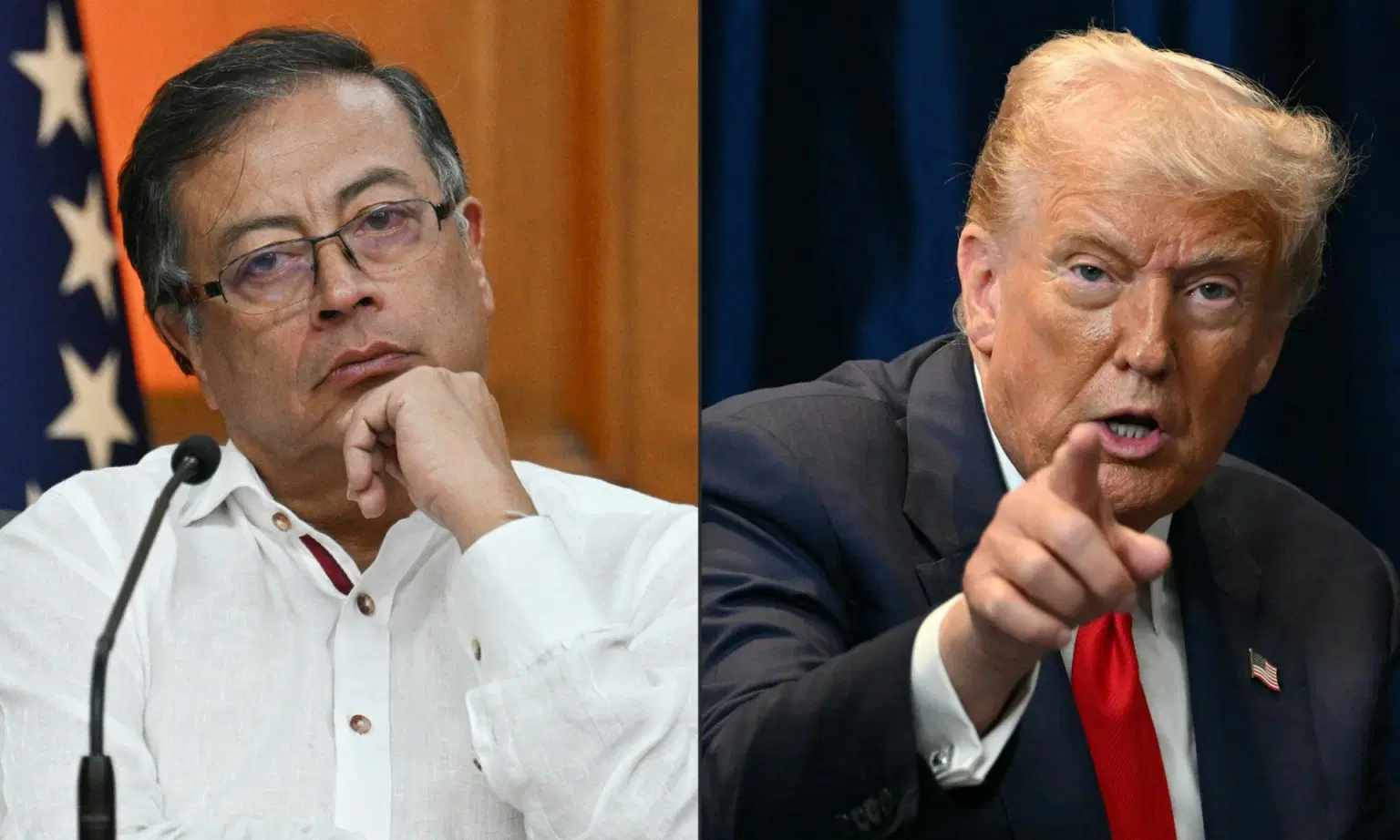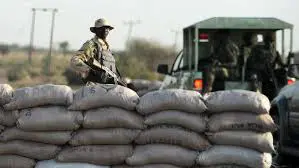
Mali's military junta continued to restrict political life in the country on Thursday, banning the media from reporting on the activities of political parties and associations.
The country's high authority for communication issued a statement calling on "all media (radio, television, written press and online) to halt broadcast and publication of the activities of political parties and the activities of a political nature of associations."
It did not indicate what would happen to media organizations that did not observe the ban. The ban came on the heels of a decision on Wednesday that banned all activities of political parties until further notice.
How did the media react?
The umbrella organization representing journalists in Mali said it rejected the request and called on the media to continue covering politics in the country.
It urged the media to "stand tall, remain unified and mobilize to defend the right of citizens to access information."
The National Commission for Human Rights also expressed regret and profound concern over the decision in a statement released late Thursday. It warned the junta the decision could prove harmful.
"Instead of calming the social climate, these restrictions on fundamental rights and freedoms could potentially stir up trouble and tension, which the country does not need," it said.
Malian parties reject suspension of political activity
Meanwhile, Malian political parties and civil society groups jointly rejected the ruling junta's order to suspend political activities and vowed to mount a legal challenge to what one opposition politician called the "dictatorial" move.
The parties and civil society groups said they were astonished by the decision and called it a "serious violation ... of democratic freedoms."
The declaration's signatories said they rejected the decree, would challenge it in court and refuse to participate in any government activity, including ongoing national talks.
The declaration said groups "will resist and will triumph,"
Military rule in Mali
Mali has been under military rule since August 2020, the first of eight coups in West and Central Africa in four years, including in neighboring Burkina Faso and Niger.
Mali's current junta seized power in a second coup in 2021 and later promised to restore civilian rule by March 26, following elections that it said would take place in February.
However, the junta said last September that it would indefinitely postpone the February elections on technical grounds, sparking outrage among political groups.






















